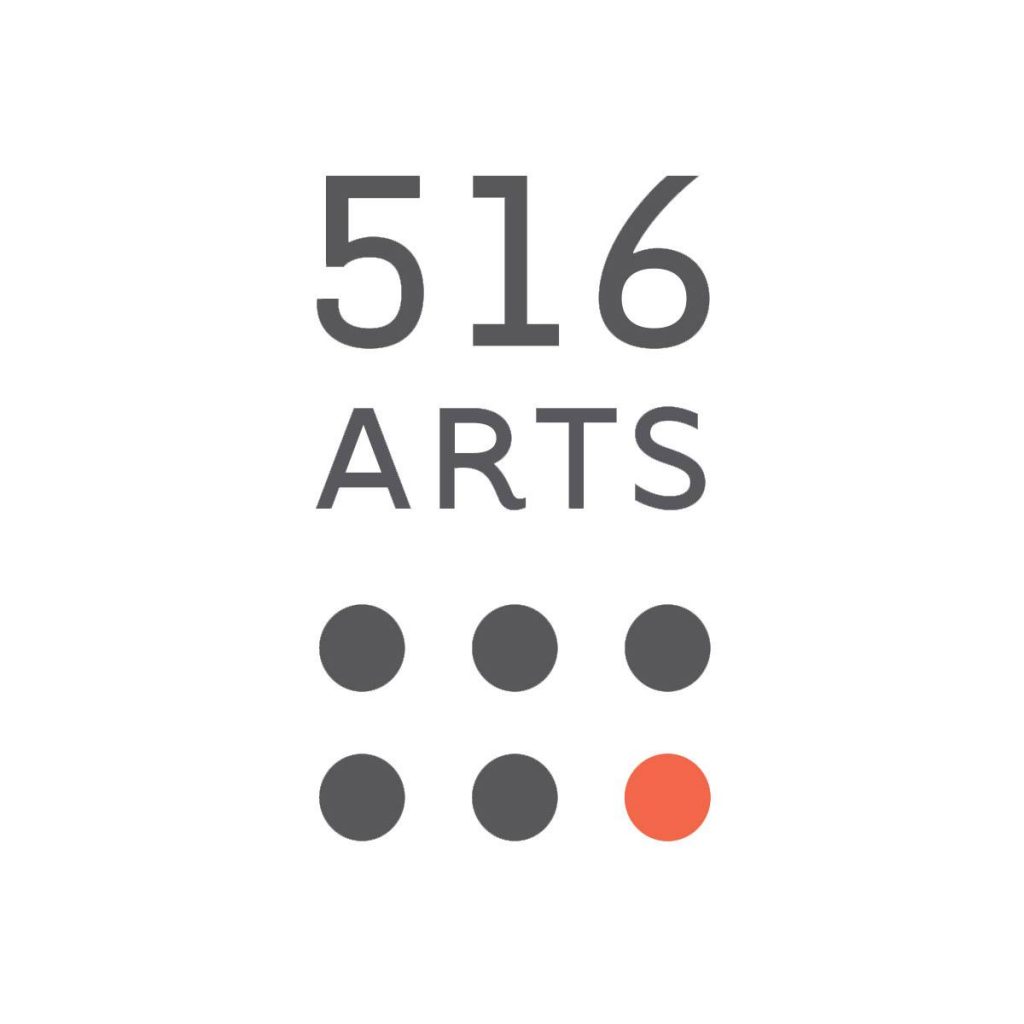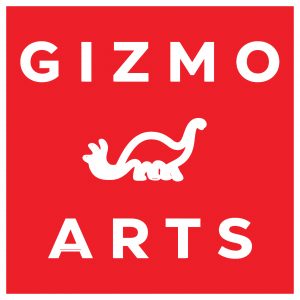Fall of Freedom: Banner Drop + Live Performances at Gizmo Arts

Albuquerque, NM – New Mexico artists join the national Fall of Freedom initiative with a major public art event on Saturday, November 22, 5–7 PM featuring a HUGE banner drop from the GIZMO Arts building in downtown Albuquerque including performances by High Desert Playback, calling for solidarity, resistance, and creative defiance.
Fall of Freedom is an urgent call to artists and institutions across the country to unite against rising authoritarianism and the erosion of free expression. Beginning November 21–22, 2025, galleries, museums, theaters, and community spaces nationwide will activate exhibitions and performances that channel the urgency of this political moment and celebrate the cultures, identities, and voices that shape democracy.
Fall of Freedom continues with a public event on Saturday, November 22, 5–7 PM at Gizmo Arts, 410 Central SW.
Participating Artists: Ellen Babcock, hazel batrezchavez, Karsten Creightney, sheri crider, Amanda Curreri, Eric J. Garcia, Apolo Gomez, Haley Greenfeather, Szu-Han Ho, Adelaide Theriault, billy von raven
Performance by: High Desert Playback
About Fall of Freedom
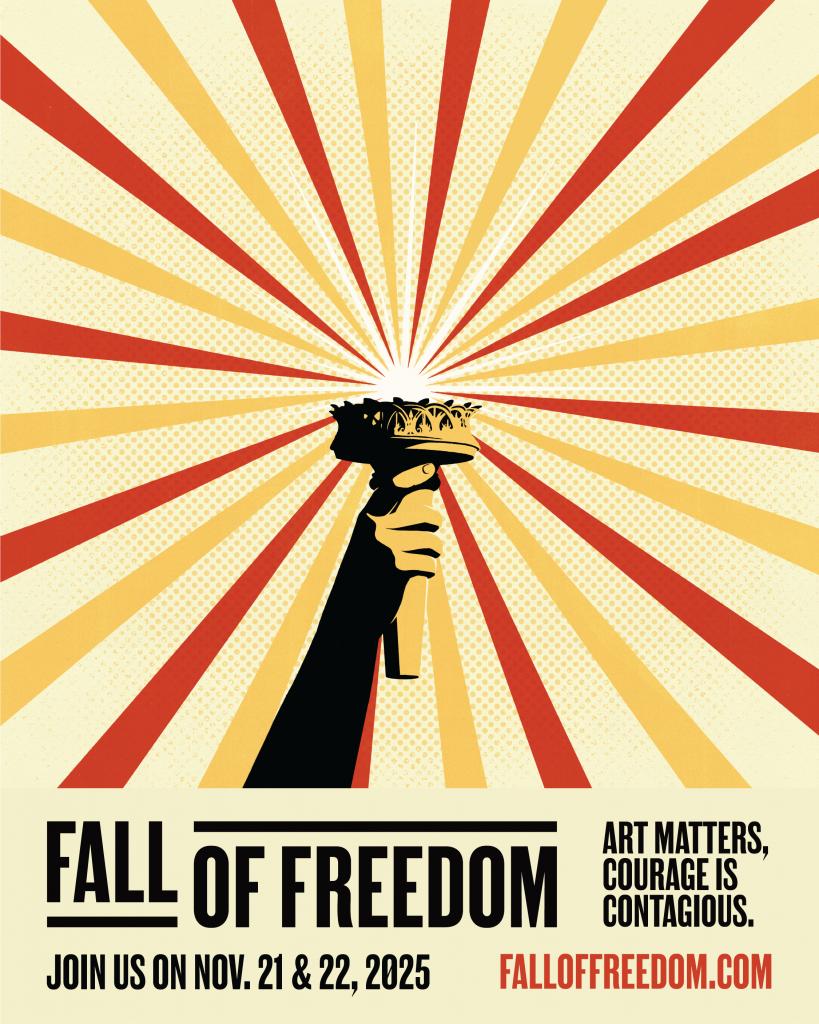
Fall of Freedom is an urgent call to the arts community to unite in defiance of authoritarian forces sweeping the nation. Our democracy is under attack. Threats to free expression are rising. Dissent is being criminalized. Institutions and media have been recast as mouthpieces of propaganda.
This Fall, a nationwide wave of creative resistance will unfold across galleries, museums, libraries, comedy clubs, theaters, and concert halls across the country will host exhibitions, performances, and public events that channel the urgency of this moment.
Art matters. Artists are a threat to American fascism.
What’s at Stake
Due process gutted. Universities threatened and defunded. Students kidnapped. Migrants deported. Troops deployed. Racism rampant. Cruelty celebrated. Political leaders arrested. Citizenship stripped. Health care shredded. Women’s rights rescinded. Wealth concentrated. Free speech eliminated. Genocide normalized. Science undermined. Arts assaulted. Journalism targeted. Departments shuttered. Grants rescinded. Trans banned. Lawyers capitulating. Coup makers pardoned. Budgets slashed. Abortion outlawed. Courts stacked. Boards replaced. Police unleashed. Nazis emboldened. Bombs dropped.
This is why we must resist.
Artist’s Studios in Downtown Albuquerque
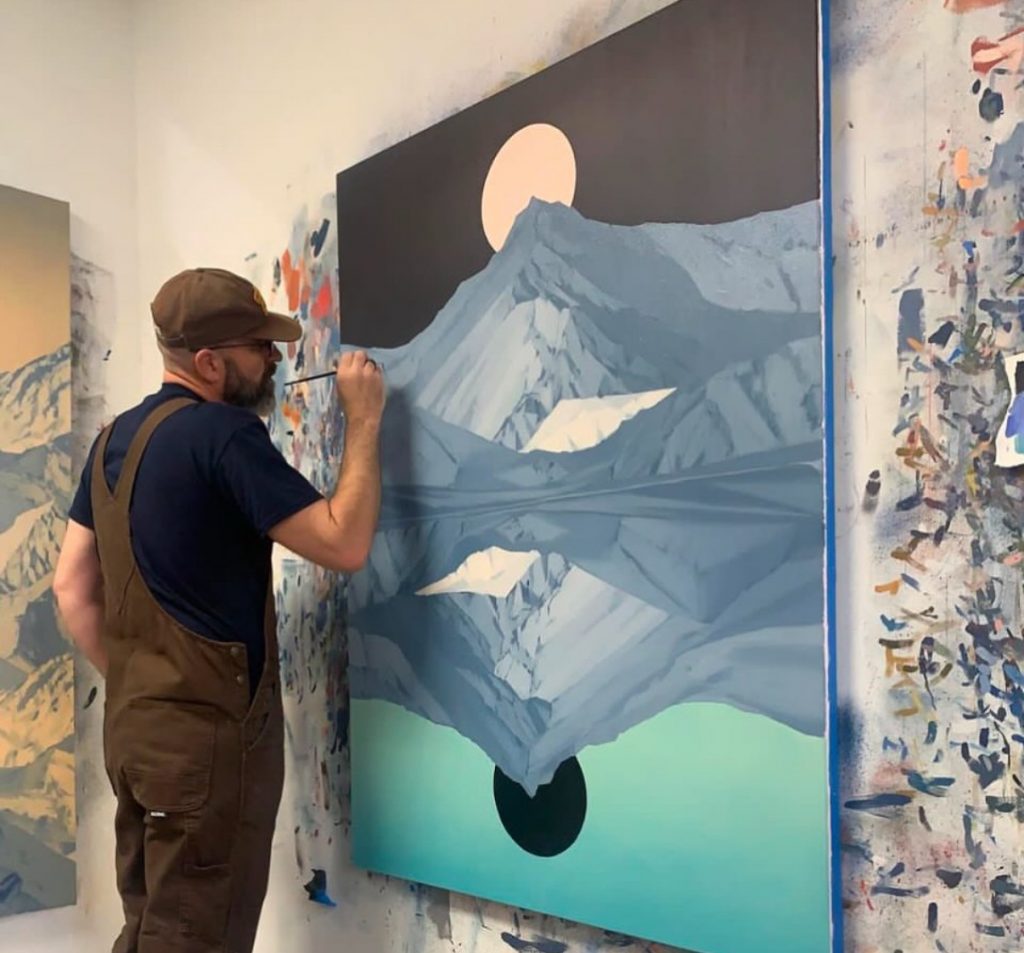
As part of our exciting relocation to the historic former GIZMO building, we are able to offer a limited number of artist studios for rent, with 400 sq ft and 600 sq ft spaces available starting this fall. This is a rare opportunity to work in a vibrant creative hub surrounded by fellow artists and makers in one of the city’s most iconic buildings in the heart of downtown Albuquerque.
Secure your space on our waitlist and be part of the next chapter of Sanitary Tortilla Factory.
For inquiries and to learn more, email: stfsubmissions@gmail.com.
Photo: Beau Carey, 2024
Mobile Abolition Library
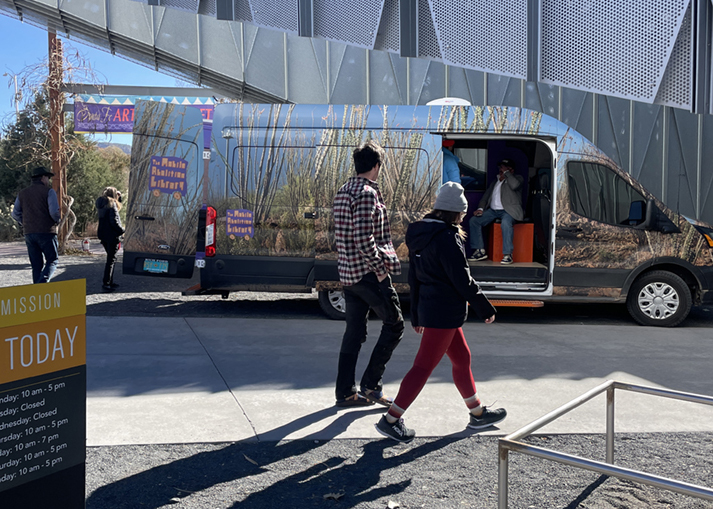
Upcoming dates:
Saturday, Feb 22, 2025 | 12:00 pm | Collaborative Filmmaking Workshop with Basement Films
Basement Films is collaborating with The Mobile Abolition Library and Marcella Ernest to offer a hands-on filmmaking workshop focused on community-based abolitionist futures art through predeveloped 16mm film, and sound at Working Classroom. This workshop is designed for POC, Black and Indigenous individuals from New Mexico, queer-identifying and non-gender conforming relatives, and allies, creating a space for collective creativity and expression. Participants will come together to produce visual art that reflects Queer Indigenous feminism, celebrating kinship, relationality, and inclusivity. The workshop offers an opportunity to engage in visual sovereignty, resist gender and sexual discrimination, and build community through collaborative art-making.
REGISTER HERE: https://forms.gle/3EA3HdcdE1ocZv7p8
Working Classroom
423 Atlantic Ave SW
Albuquerque, NM 87102
Thursday, Mar 29, 2025 | Community Day at the University of Arizona Museum of Art
Community Day in conduction with Hank Willis Thomas exhibition LOVERULES. The exhibition highlights several important series, including Branded and Unbranded: Reflections in Black by Corporate America. In Branded, Thomas explores and re-contextualizes the history of brand advertising and sponsorship through the iconography of sport. In Unbranded, Thomas digitally removes advertising punchlines and logos, with both series thereby highlighting the consistently dehumanizing strategies of corporate media, the commodification of African-American identity, and how dominant cultural tropes shape notions of race and race relations.
University of Arizona Museum of Art
1031 North Olive Road
Tucson, AZ 85719
Bad Moon Photos
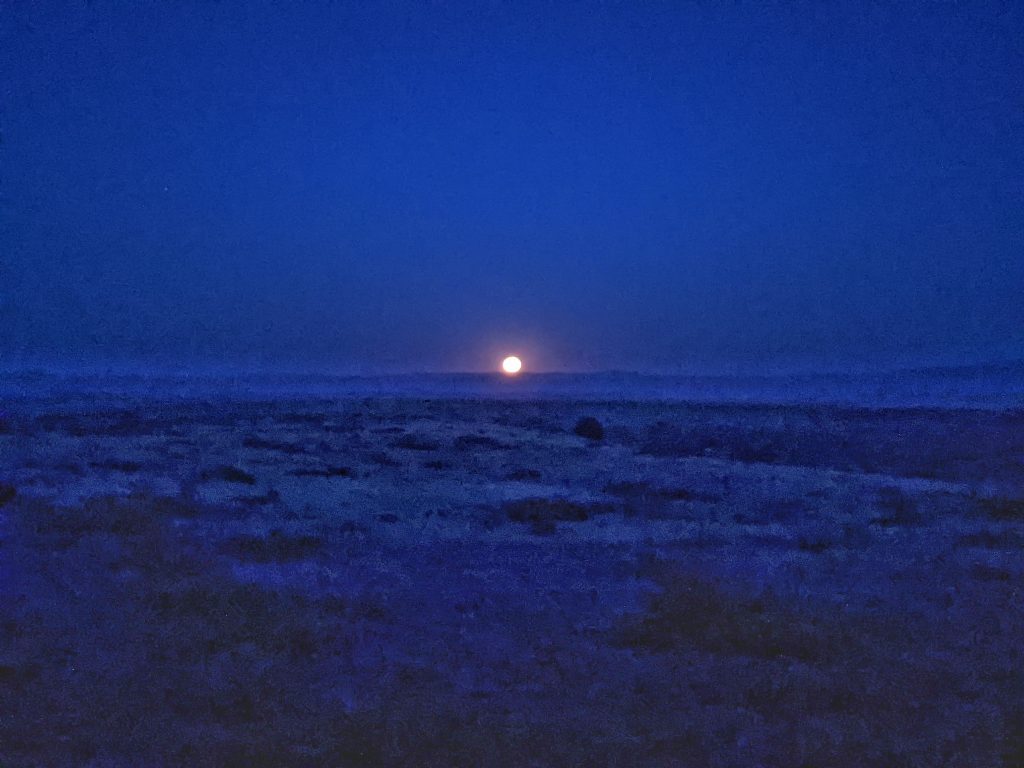
Bad Moon Photos
Ariel C. Wilson
Exhibition: November 1 – December 27, 2024
Opening Reception: Friday, November 1, 5-8pm
Sanitary Tortilla Factory is pleased to present Bad Moon Photos, a large-scale photographic installation and participatory project by Ariel C. Wilson. It is nearly impossible to take a good photograph of the moon with a cell-phone camera, but that doesn’t stop us from trying. In the summer of 2021, Wilson began soliciting bad cell-phone photos of the moon from friends, colleagues, family, lovers, and strangers. Since then, over 1,000 low-res images have been submitted to the live and growing collection. Bad Moon Photos has become an archive of collective failure, desire, and resistance. Together, the images celebrate the actions of many over the work of the solitary artist, disregarding boundaries between professionals and amateurs. These images reflect a shared impulse to use our cameras to preserve vast objects of our love and longing—the moon included. Photographs inherently compress, reduce, and
abstract their subjects. The moon resists capture, often appearing as an oblong spot in the field of black, or a tiny spec in an expansive blue sky. Despite our predictable failure, we can’t help but keep trying.
This exhibition highlights a selection of images and videos from the archive, focusing on submissions from New Mexico residents and neighboring communities. Wilson prints each image or sequence of images like family snapshots and displays them in a loose constellation on the wall. Some are printed as large-format adhesive vinyl photographs and adhered directly to the wall, becoming a backdrop for others images while exaggerating their low resolution. Short videos play on an iPhone, recording the phone camera’s inability to focus or make a proper exposure for the moon. Visitors are invited to use a small printer in the space to contribute their own images to the archive and the walls of the gallery, completing the exhibition through their own participation.
Artist Bio
Ariel C. Wilson’s work across media addresses the limitations and physical substances of photography. Instead of looking through the frame of the photograph, she uses photographic processes and materials to visualize the medium itself. She has exhibited work nationally and internationally including at the University of New Mexico Art Museum, 516 Arts, Colorado Photographic Arts Center, the Hallie Ford Museum of Art, the Pollock Gallery, Image Ark Nepal, and in the Pingyao International Photography Festival. She was included as an emerging artist on Silver Eye’s 2023 Silver List and has received a Joan C. Edwards Distinguished Visiting Professor of the Arts award, a Beaumont Newhall Fellowship; and residencies from the Utah Museum of Contemporary Art (2025), Vermont Studio Center and Bikalpa Art Center (Kathmandu, Nepal). She holds an MFA in Studio Art from the University of New Mexico and a BA in Studio Arts from Willamette University. Ariel is currently based in Salt Lake City, Utah, and is a Visiting Assistant Professor of Art at Weber State University.
Signs of Life

Signs of Life
Karl Orozco
Exhibition: September 20-October 25, 2024
Opening Reception: Friday, October 4, 5-8pm
Artist Talk: Friday, October 25th, 6-7pm
Sanitary Tortilla Factory is pleased to present Signs of Life, a video installation by Karl Orozco. The installation considers the life cycles of the urban landscape through a study of abandoned roadside signs. Since moving to Albuquerque in the summer of 2020, Orozco has photographed, mapped, and archived over 100 out-of-use signs across the state of New Mexico. He recreates these signs using the 3D modeling and animation software Blender as an attempt to crystallize these monuments in the condition they were originally seen. Each sign is animated to exist in a perpetual state between death and rebirth, and together, their collective symbolism conjures visions of the afterlife.
Orozco’s two-channel video projection alternates between dozens of signs composed in a landscape view and paired, close and intimate views of alike signs. Inspired by the rebirth process as described in The Tibetan Book of the Dead, Orozco’s slow, meditative animations ask the viewer to consider the pattern and repetition present in the manufactured world. The animations are accompanied by a synth soundtrack produced in collaboration with musician and electrician Drew Miller. This installation includes a series of benches playing with the form and scale of signage that ask viewers to consider the relationship of creator and creation between human and manmade, functional objects. This project is supported by the Fulcrum Fund, a grant program of 516 ARTS made possible by The Andy Warhol Foundation for the Visual Arts and the Meow Wolf Foundation.
Artist Bio
Karl Orozco repurposes broken and abandoned communication tools such as printers and road signs and inventively reutilizes these objects to create vibrant prints, dynamic animations, and immersive installations. Central to Orozco’s work is an exploration of these devices when they fall silent, no longer able to convey a message, and breathes new life into objects that have outlived their intended purpose. Each video or print is a record of the life cycles of these machines, offering viewers a glimpse into the intricate interplay between obsolescence and renewal. His work revolves around the concepts of death and rebirth. By granting new utilities to objects beyond their intended functionality, Orozco explores the potential inherent in the discarded elements of our manufactured landscape.

